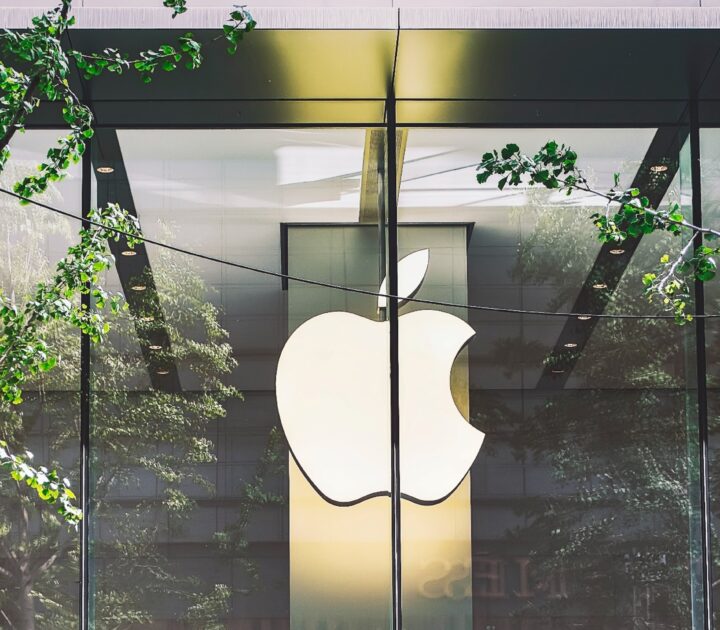
China got AI right, but did we get China right?
Chinese President Xi is determined to bring the power of artificial intelligence into Chinese people’s daily lives and work to reap the full economic and social benefits of innovation. So far, so good.
Chinese travellers smile to pay as well as to clear security at the airport with facial recognition. Cities such as Hangzhou are managed by a city brain, and car insurance claims can be settled with just one photo and a phone call. AI is used to streamline passenger flows and predict how likely people are to commit a crime. Such systems cover almost 100% of key public areas and, while raising important questions over civil rights and privacy, Chinese society has, by and large, embraced these new technologies.
This advance is perhaps the clearest example of China’s evolution from imitator to innovator. AI is a shining example of China enhancing and developing innovations that originated in the West. Not only do giants such as Alibaba and Huawei continue to grow through this innovation, many younger Chinese entrepreneurs are poised to enter the global marketplace with new ideas of their own.
In October last year, President Xi dedicated an entire ‘collective study meeting’ of the Politburo of the Communist Party of China’s Central Committee to the topic of artificial intelligence, putting AI at the heart of policy. Critically, at this meeting, President Xi made three announcements in an executive order:
- AI is of national strategic importance to secure the next industrial transformation
- AI is critical to win the global race in science and technology
- Developing existing applications is no longer enough, China must further invest in fundamental research so that its scientists can reach the frontier of AI.
China’s AI ambitions are no surprise. There is a real need to upgrade its industrial sectors, in light of slower economic growth and an increase in the cost of resources. Moreover, in today’s polarizing geo-political climate, there is a growing need to become less dependent on other countries for core technologies. Becoming a leader in AI will reinforce China’s position as a tech powerhouse, building on the successes of Baidu, Alibaba, Tencent and Pingan, and supported by a host of emerging tech ventures waiting in the wings, such as Malong Tech, which was recently recognized as China’s most innovative company by Fast Company.
Crucially, the AI gold rush will be driven by entrepreneurs, of which there is no shortage of supply in China. Entrepreneurs can leverage China’s size – critical to training deep learning machines – abundant talent and passion for experimenting to find viable business models for AI technologies.
While US-based companies still hold the advantage in core technology, that advantage could erode more quickly than expected. Chinese AI took off in early 2016 and China has already surpassed the United States in terms of journal articles that were cited at least once and that mentioned the term ‘deep learning’, leaving Europe, India, Japan, and South Korea far behind.
China has got AI right, but challenges remain. Xi’s executive order encouraged the implementation of AI technologies, but also triggered an explosion of opportunistic entrepreneurs and investors ready to take advantage of often poorly-informed local officials. The Chinese are also growing increasingly aware of the importance of data privacy, which could erode quick wins in AI development from the mass availability of data.
The real value of AI is not in retail and consumption, but in applications, such as smart cities, factories and other industrial sectors. In China, most application-based, AI ventures are still in their infancy and there remains an urgent need for the introduction of platform standards for AI technology to truly take off.
But make no mistake, AI is central to the future direction of the Chinese economy. AI is not about politics, it is about building a competitive economy.
Prof. Mark Greeven, George Yip, Wei Wei, authors of Pioneers, Hidden Champions, Change Makers, and Underdogs: Lessons from China’s Innovators (The MIT Press, 2019)
Research Information & Knowledge Hub for additional information on IMD publications
How can innovative solutions to address societal grand challenges be cultivated in a pragmatic and impactful way? In this article, we propose the “...
History, values and traditions provide family businesses with a competitive advantage, motivating and guiding their entrepreneurial activity. They ...
The case describes the strategic evolution of FUCHS China under the leadership of Zhu Qingping as the company transformed into a vital contributor ...
In a world where agility and global foresight are crucial for business survival and growth, the FUCHS case presents a compelling narrative of trans...
It is increasingly common to encounter individuals with “Fractional” in their job titles. On Linkedin alone, there are over 110,000 people who iden...
We argue that the divergent motivations underlying their creation and goals can contribute to the varying performance of academic spinoffs. Through...
in Journal of Management 5 April 2024, ePub before print, https://doi.org/10.1177/01492063241240713
Research Information & Knowledge Hub for additional information on IMD publications
in I by IMD 3 April 2024
Research Information & Knowledge Hub for additional information on IMD publications
Research Information & Knowledge Hub for additional information on IMD publications
Research Information & Knowledge Hub for additional information on IMD publications
Research Information & Knowledge Hub for additional information on IMD publications
in Forbes.com 14 March 2024
Research Information & Knowledge Hub for additional information on IMD publications
Research Information & Knowledge Hub for additional information on IMD publications
Research Information & Knowledge Hub for additional information on IMD publications
in Technovation March 2024, vol. 131, 102972, https://doi.org/10.1016/j.technovation.2024.102972
Research Information & Knowledge Hub for additional information on IMD publications
Research Information & Knowledge Hub for additional information on IMD publications



